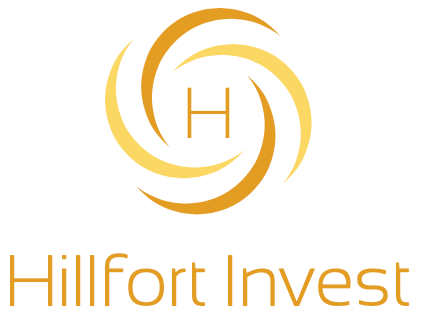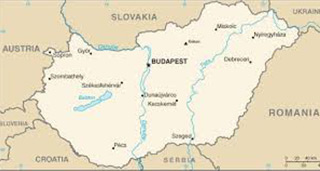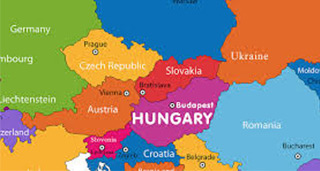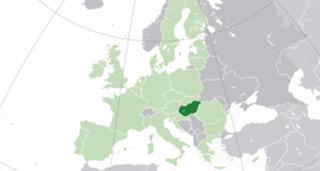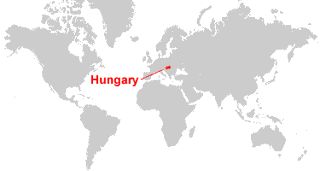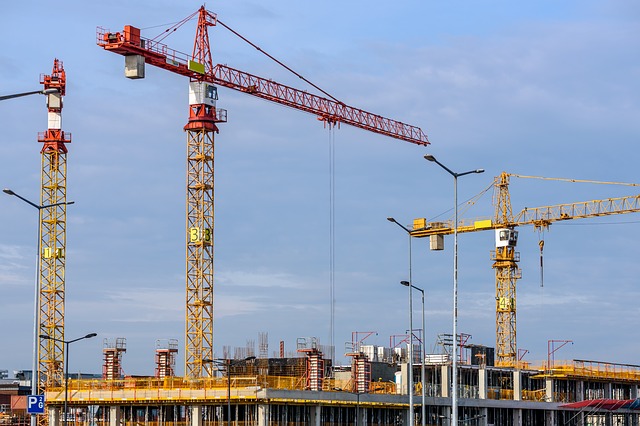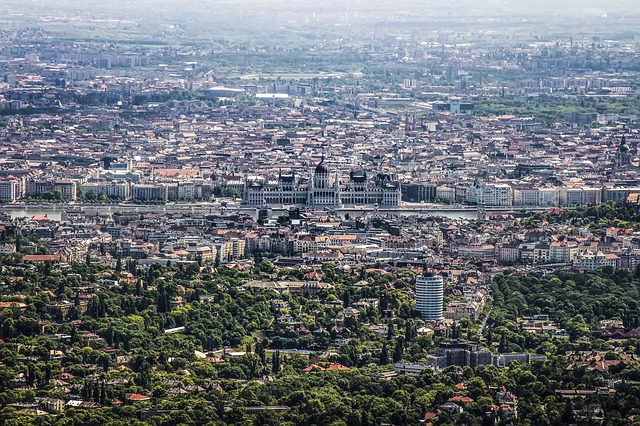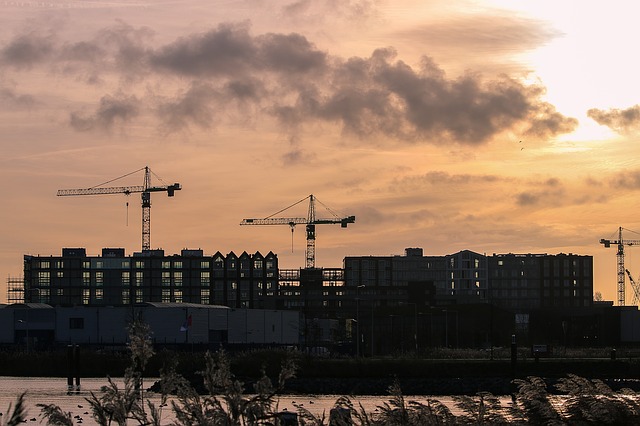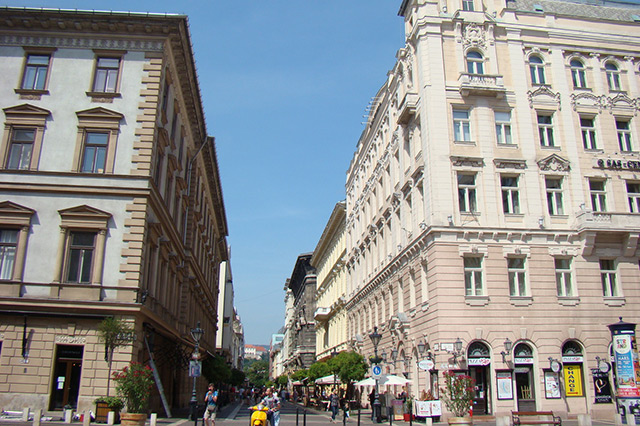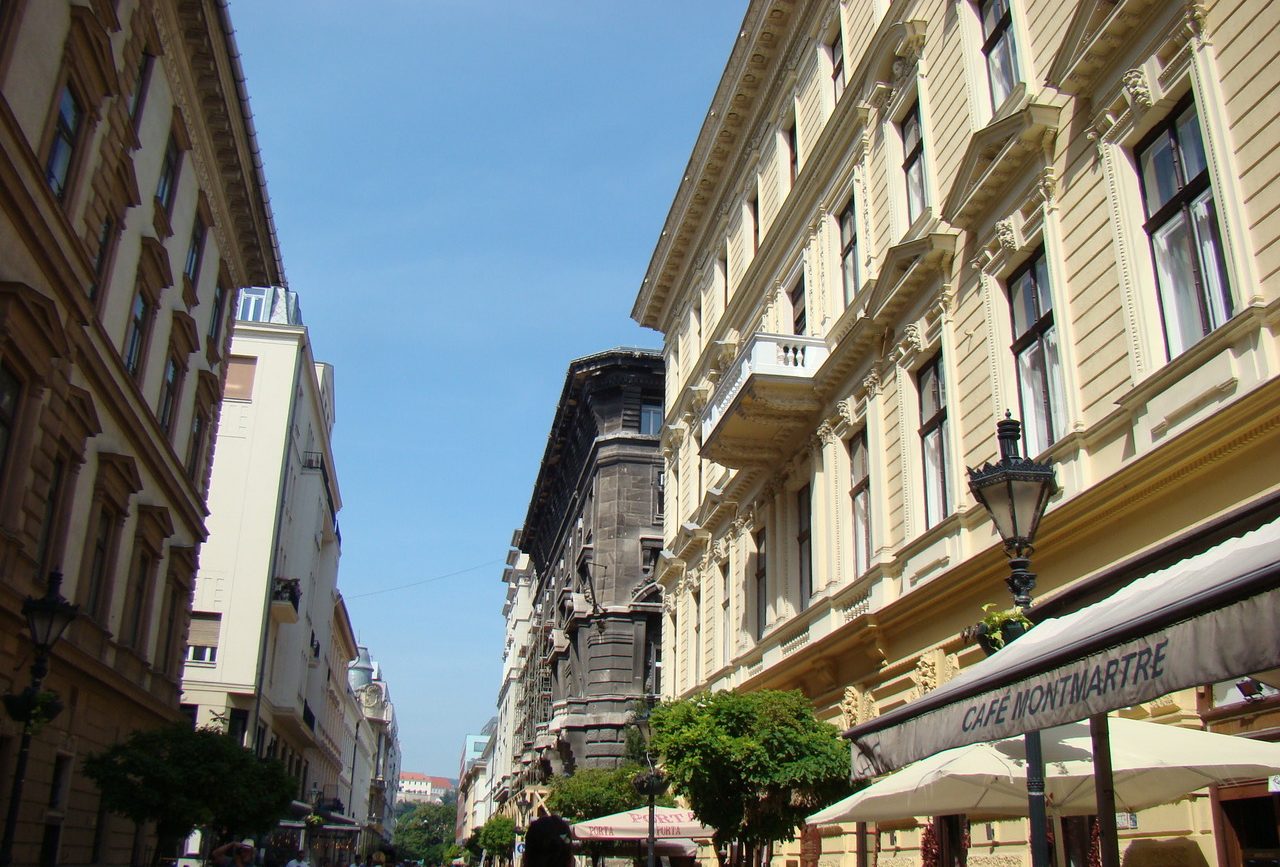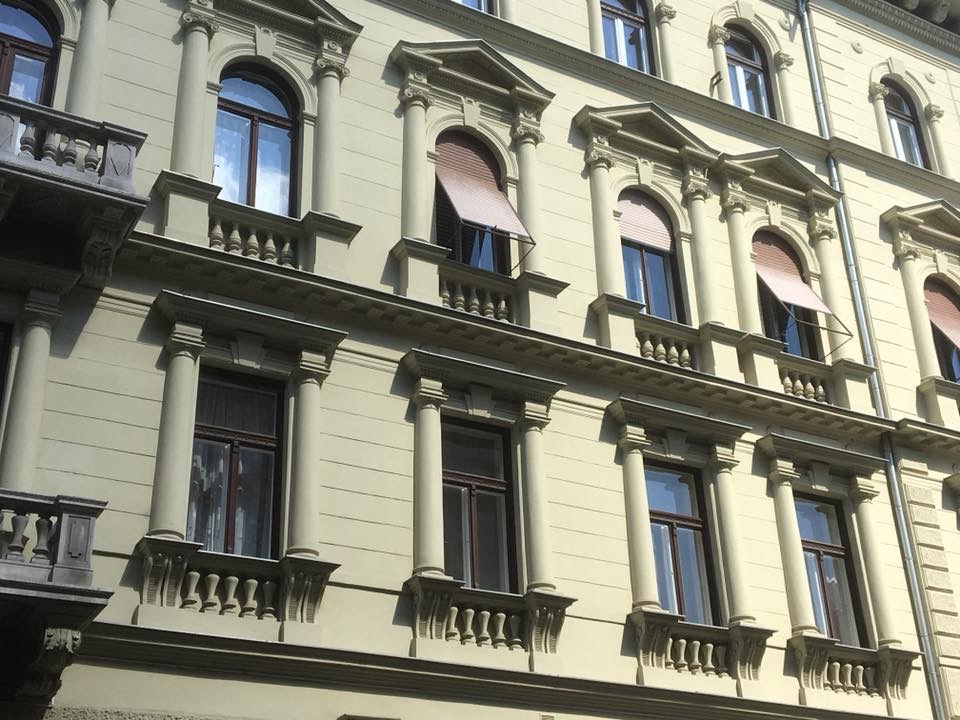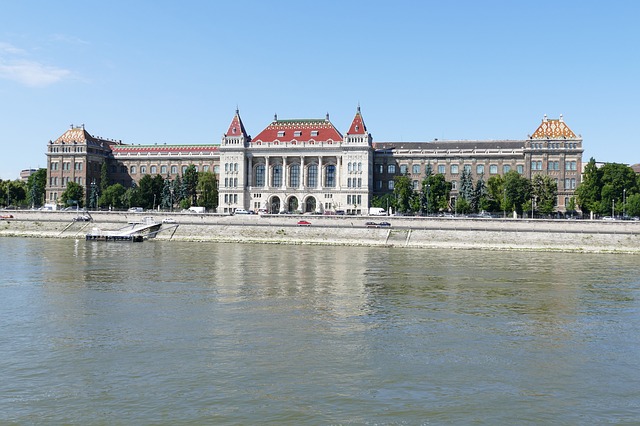Socio-Economic Data and Info for Hungary – Europe
Hungary as a member of the European Union, is a stable, Democratic, well managed, safe country based upon fundamental Christian Family values.
Socio-economic info (2018 - 2019)
- GDP Annual Growth Rate: 4,9 %
- GDP per capita (PPP) of 11,7 %
- Economic Growth Rate: 4 %
- GDP per Capita of US $ 30.666
- Wage Growth Rate: 10,1 %
- Unemployment Rate: 3,5 %
- Inflation Rate: 3,4 %
- Interest Rate: 0,9 %
- Bank Lending Rate: 0,9 %
- Corporate Tax: 9 %
- Personal Income Tax: 15 %
Foreign Direct Investment in Hungary increased by 2085.30 EUR Million in the fourth quarter of 2018.
The Organization of Economic Cooperation and Development (OECD) indicated that “Hungary stands out as one of the best performing economies in the OECD in 2018”.
Hungary’s net external debt had fallen to under 10% of GDP in 2018.
Socio-economic info (2019 - 2020)
During 2019, the Hungary had a robust economic growth which reached 4.9%, taking a leading position within the European Union.
Industrial output in Hungary rose 8.7% year-on-year in 2019.
According to the latest government projections, the Hungarian economy is expected to grow by 4.9% this year 2020, which is higher than previously estimated and is in line with various domestic and international outlooks.
Beyond 2020 the Hungarian government forecasts a growth of more than 4.1 % up to 2022.
The European Commission (EC) has raised its projection for Hungary’s GDP growth this year to 4.4%, and over the Hungarian government’s projection of 4.1% growth.
According to a recent annual European Consumer Payment report, Hungarians financial well-being is better than of that in neighboring countries and just over the average for Europe as a whole. In addition to this the data from Eurostat indicate that the debt-to-income ratio of Hungary, is the lowest in Europe.
Construction
The Output of the Hungarian construction sector climbed 20.5 percent year-on-year in October 2019.
Forecasters indicate that the construction sector will continue to make a significant contribution to Hungarian economic growth, with excellent construction sector output growth, set to continue in 2020.
Real Estate
The Real Estate sector has shown excellent growth over the last few years, and shows no signs of slowing down, with the value of commercial real estate investments in Hungary rose 4% to 1.82 billion Euro, during 2018.
Office property Investments accounted for 48% of the total, while investments in the retail property market was estimated at
42%.
Industrial and logistics real estate investments made up 6% of the total, and hotel investments totaled 5%.
Local and International investors, hospitality trade developers and hotel operators see strong potential for hotel development supported by strong tourism supply and demand indicators, with recent estimated development of another 23 hotels with 3,200 rooms in Budapest, to be delivered by 2022.
The annual yield on prime office property stood at 5.75%, while the yield on industrial property reached 7.50%, and the yield on prime shopping center space came to 5.50%.
The Real Estate sector has continued its unabated growth, with nationwide home prices having risen by 15.2% last year; while in the capital Budapest, house prices grew by a staggering 22.9%.
Budapest recorded the 3rd highest 12-month residential property price growth in the world – According to the ‘Global Residential Cities Index’ report.
GDP per Capita, Wages, Labour Market
Hungary is 49th in the world in terms of GDP per capita. The Average gross monthly wages in Hungary increased by 9 % year-on-year.
Roughly 82% of Hungarian workers feel their current job will remain stable for more than 5 years; while the labour market stability index of BNP Paribas Cardif and Medián was 68 points in December 2018.
The 2018 annual IMD World Talent Ranking (which assesses the extent to which countries develop, attract and retain talent to sustain the pool that enterprises employ to create long-term value), has ranked Hungary in 49th place on their Global listing.
Social Welfare
Hungary has a an excellent social-welfare support system, with generous support systems for Hungarian families including tax breaks, family home construction support funding, free education, state supported family health care, etc.
Hungary is a very safe country. It is ranked 21st out of 162 on the ranking of the safest countries.
Economy, Trade, Skills, FDI
- High-income mixed economy
- 15th most complex economy
- High human development index
- Skilled labour force
- 16th lowest income inequality in the world
- 57th-largest economy in the world
- Trade Growth of 4,28%
- Trade Balance Ranking of 21/121
- $9.098 billion trade surplus
- $265.037 billion output
- 36th largest export economy in the World
Major Industries
The major industries of Hungary include food processing, pharmaceuticals, motor vehicles, information technology, chemicals, metallurgy, machinery, electrical goods, and the tourism and hospitality trade.
Hungary – Investment Destination
The Hungarian economy offers investors a growth rate, 3 times above the EU average, an ever improving business environment and low tax rates.
Hungary is the 8th most attractive investment destination in the World and had an annual investment growth increase of 28 %.
FDI set phenomenal records during 2018, valued at around 4.3 Billion Euro, with 98 large international investments, which creating over 17 000 jobs.
The latest study conducted by ‘Startup.co.uk’ revealed that Budapest was chosen as the number one location for starting a business out of 80 other cities, taking into consideration the aftermath of Brexit, for e.g. Budapest is appealing to more and more people looking to invest and start a business.
Tourism and Hospitality
Hungary continues to record numbers of foreign visitors with 12.1 million international tourists per annum.
Hungary registered more than 40 million guest nights for 2018, which representing an increase of about 6% up on the previous year.
Hungary ranks as the 9th safest travel destination in the World.
Domestic tourism increased by 5 %, which accounts for 6.5 million people.
Hungary’s Tourism Revenue grew 13.0 % Year on Year in Dec 2017.
Tourism and the catering industry accounted for over 10 % of Hungary’s GDP.
Budapest has won the best European destination 2019 title, and has been named 12th most popular conference location in the world.
Hungary – One of the fastest growing EU economies
Hungary continues to be one of the fastest growing EU economies.
This year 2020, Standard & Poor (S&T) rating agency improved Hungary’s economic outlook from stable to positive.
During 2019 Fitch Ratings’ raised Hungary’s Long-Term Foreign- and Local-Currency Issuer Default Ratings to BBB stable, which are two notches over the investment grade threshold.
Moody’s sovereign rating for Hungary is Baa3 (Stable).
Hungary’s net external debt fell to an estimated 10.2 % of GDP in 2018, supported by consistent current account surpluses, stable net Foreign Direct Investment inflows, and capital transfers from the European Union.
The Japan Credit Rating Agency (JCRA) increased Hungary’s rating from BBB+ to A-.
Hungary remains among the three best-performing economies in the EU at this present moment.
Electronics, Innovation, R&D
Electronics manufacturing and research continue to be among the main drivers of innovation and economic growth in the country.
In the past 20 years Hungary has also steadily developed into a major centre for mobile technology, information security, and related hardware research.
The Hungarian government has highlighted how its economy is undergoing a “dimensional shift” from production to higher value-added jobs, services and Research and Development (R&D). In support of this trend Hungary is systematically creating an “innovative ecosystem” that will improve the country’s level of competitiveness, including increased subsidies offered to companies that bring new technologies to Hungary.
Hungary provides considerable support for technology-intensive investment projects and to firms investing in R&D, offering the most attractive and favorable investment environment in Europe.
Hungary was ranked 32nd in the World on the recent Bloomberg 2019 Innovation Index; which analyses various criteria using 7 metrics – including research and development spending, manufacturing capability and concentration of high-tech public companies.
Hungary has the 3rd fastest 4G mobile Internet in the world.
Higher Education, Intellectual Property, Global competitiveness
Hungary’s higher education and training has been ranked 44 out of 148 countries in the Global Competitiveness Report 2014.
Hungary stands in 13th place on the International Intellectual Property Index.
Hungary can claim one of the world’s highest per capita rates of Nobel Science Prize laureates.
General Education
Education in Hungary are predominantly public, run by the Ministry of Education and most of the Hungarian Schools, Technicons and Universities are public institutions, and students traditionally study for free.
There are many private educational institutions also operating in Hungary, providing excellent primary education, as well as tertiary education across various fields; providing their courses in such foreign languages as English.
Health insurance for students is free until the end of their studies.
Trends in International Mathematics and Science Study rated 13–14-year-old pupils in Hungary among the bests in the world for maths and science.
English language is important in Hungarian higher education, and there are many degree programs that are taught in English.
Hungary has a long tradition of higher education reflecting the existence of established knowledge economy. The established universities in Hungary include some of the oldest in the world, the first was founded in 1276.
